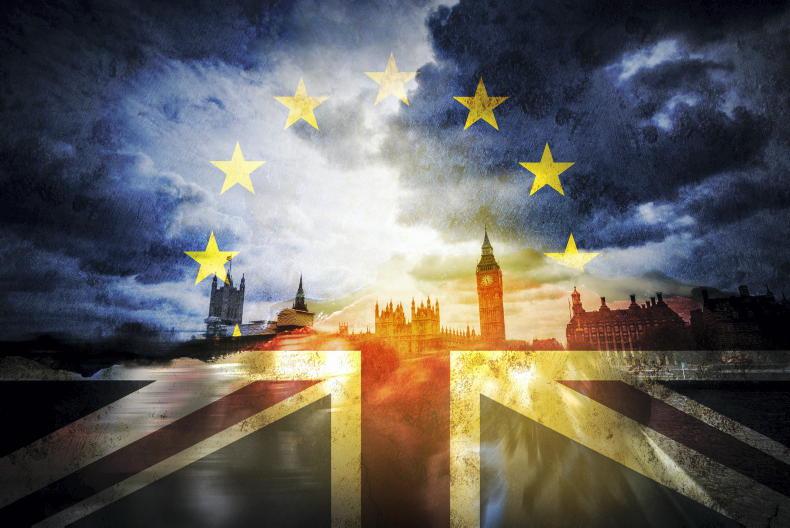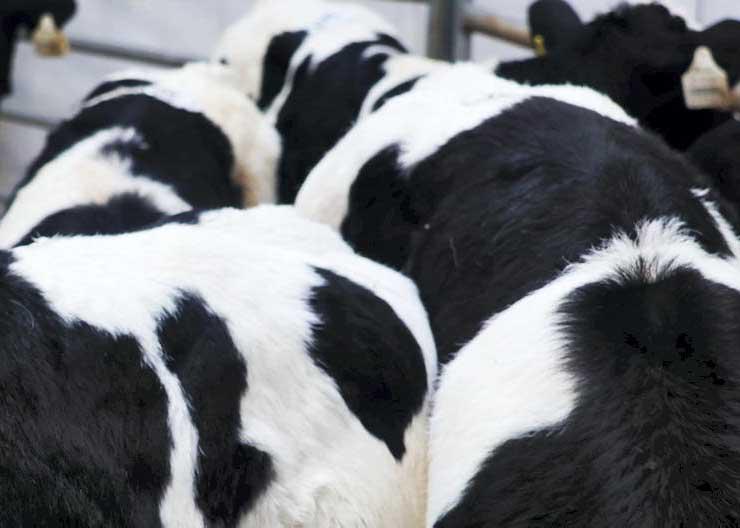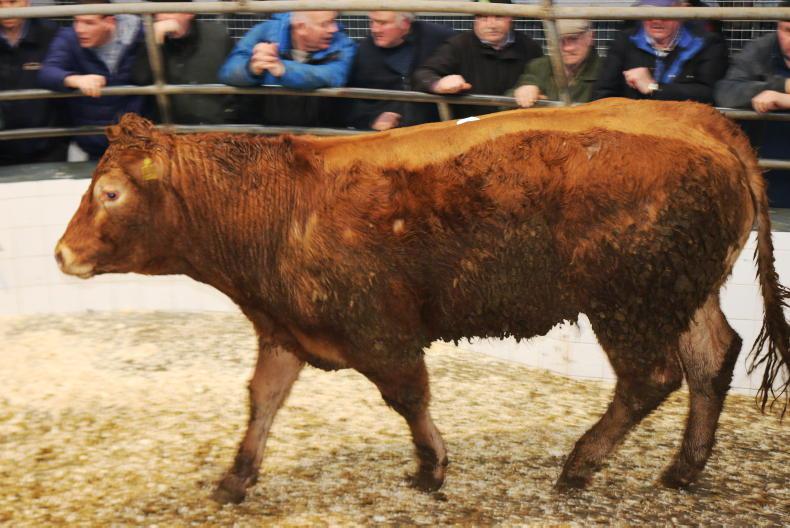The Environment, Food and Rural Affairs Committee (EFRA) heard evidence at Westminster this week from a number of industry bodies and levy boards.
The subject of the inquiry was how Brexit was working for exporters so far.
As is the case with the Northern Ireland protocol, British exporters are experiencing great difficulty with exports to the EU.
Some of the most forceful evidence was given by Nick Allen on behalf of the British Meat Exporters Association (BMPA), which represents the large meat exporting factories in Britain.
Unclear about what's required
He claimed that official veterinarians were unclear about what was required for export certificates.
He blamed this on the late completion of the agreement and pointed out that there are 125 technical issues to resolve.
Delivery times have doubled, making British meat uncompetitive in the EU
Costs have increased because of time delays and combined loads have become almost impossible.
Delivery times have doubled, making British meat uncompetitive in the EU.
In his presentation Nick Allen included a map which illustrated how complex the process of exporting from Britain to the European Union has become.
He also warned the committee that it was quite apparent that the UK is currently not ready to introduce checks on imports.
Increased difficulty
The International Meat Trade Association (IMTA), which represents UK-based importers and exporters of meat, also made a submission to the committee.
Like the BMPA, it reported increased difficulty for its members to conduct business with the European Union.
It also suggested that the UK government should seek an equivalent veterinary agreement with the EU.
Quality Meat Scotland (QMS) is the levy organisation that represents beef, sheepmeat and pigmeat producers and processors in Scotland.
Its submission indicated that one Scottish processor has stopped sending lambs to the EU because of additional costs.
It also highlighted that the difficulty with exporting a combined load of meat has meant exports are no longer an option for some smaller processors.
Again, it requested that the UK government engages with the EU to find solutions for these increased administrative costs.
It was also very critical of the guidance and support provided by government to business in the lead-up to Brexit.
In the two months that have passed since the United Kingdom withdrew from the EU single market and customs union, exporting from Britain to the EU has become much more complex and costly.
So far, EU exporters to Britain, including Ireland, have not experienced any difficulties.
This is because the UK has not yet introduced the requirement for veterinary health certificates.
If this commences as planned on 1 April, then Irish exporters will experience the difficulties and costs that are being felt by UK exporters at present.
All of the contributors to the hearing were of the view that the UK and EU need a veterinary agreement that removes as much of this bureaucracy as possible.
Irish farmers and exporters will hope that the EU and UK can make such a negotiation happen.









SHARING OPTIONS